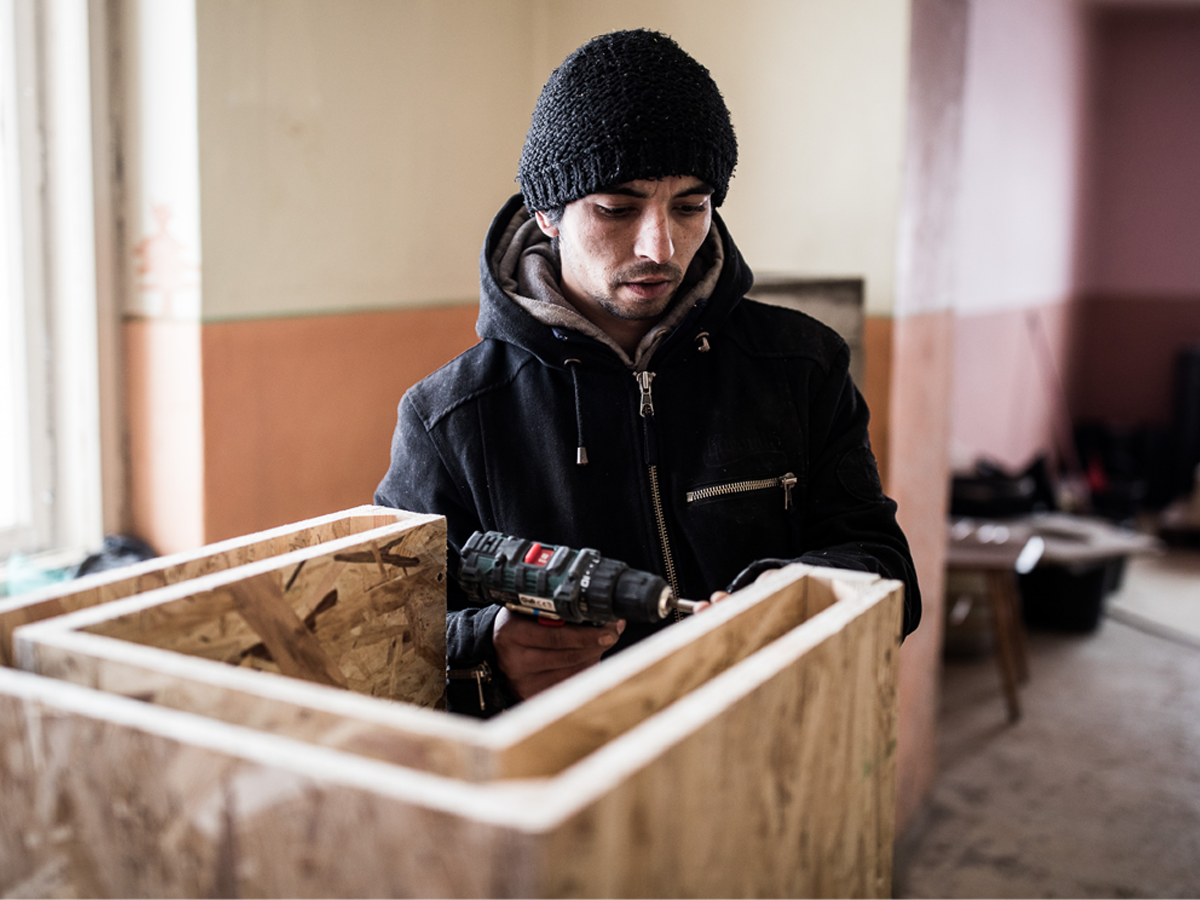As the EU plans its biggest-ever budget, a key question is whether it will invest in the people who can carry Europe forward.
The European Union has started the political debate on its next seven-year budget, a €2 trillion plan set to shape its spending and direction through 2032. This is not just the “biggest and most ambitious EU budget in history”, as Poland’s European Affairs Minister Adam Szłapka declared. It’s also a test of whether the EU will invest in the people who can carry Europe forward.
One promising shift is the expansion of Erasmus+, the EU’s main programme for education, training and youth exchanges, to include mobility in primary and secondary education. For Roma, this is more than a policy tweak—it’s a long-overdue remedy for a system that has overlooked them. Until now, school mobility largely meant university exchanges, inaccessible to most Roma youth, only 1% of whom complete tertiary education. Starting earlier means reaching pupils before systems push them out—before aspirations are written off.
The launch of Agora, the new umbrella for programmes like Creative Europe and CERV (Citizens, Equality, Rights and Values), also matters. These funds support everything from cultural work to civic initiatives challenging discrimination to much-needed funding for civic engagement and political participation—tools that can help strengthen Europe’s democracies and ensure Roma are not just visible in public life but leading it.
But ambition on paper isn’t enough. Delivery is where this budget risks failure. The shift toward centralised national planning—and merging previously dedicated EU funding into large, general national plans—risks weakening both the impact and accountability of how EU money is spent.
Evidence from the European Court of Auditors already shows that the implementation of the Recovery and Resilience Facility has too often failed to deliver real outcomes. And the Commission’s own 2025 Country-Specific Recommendations call out these same governments for their slow or inadequate use of recovery funds.
The proposed budget risks repeating these mistakes—on an even larger scale. This is not just a governance issue. It is a competitiveness issue. Allowing member states’ weak planning and failure to use allocated money—especially where administrative capacity and transparency are limited—means missing the chance to invest in Europe’s most valuable asset: its people.
The costs of underinvesting in skills, employment and inclusion extend far beyond Roma communities—they erode labour markets, education systems and economies. In countries like Bulgaria, Romania and Slovakia, where Roma make up a growing share of the school-age population, closing employment gaps could add €10 billion to GDP annually. But openness to targeted investment in Roma remains low, and public institutions alone can’t meet the challenge. Existing training programmes often fail to equip young people with the skills employers actually need.
Making countries future-proof means moving beyond outdated education models and shifting recruitment away from degrees and experience toward skills-based hiring. Governments and employers don’t have to do this alone. Transnational Roma-led organisations—like the Roma Education Fund or the Roma Entrepreneurship Development Initiative—bring trusted community ties and a proven track record. Their work, from mentoring to skills-building and partnerships with businesses, shows what effective, scalable interventions can look like.
To ensure this budget builds a resilient and competitive Europe, member states must be held to higher standards of planning, delivery and impact. Investments must be transparently monitored and tied to clear targets for social and territorial cohesion. Yet this is still not the case in many EU countries with large Roma populations.
The gap between policy and reality remains stark—in limited access to quality education, persistent discrimination, and the lack of jobs, healthcare and basic services. The EU budget, therefore, should reflect a realistic assessment of the administrative capacities of all member states—acknowledging differences rather than assuming idealised uniformity of administrative structures and performance.
To prevent inefficiencies and ensure that the new budget delivers on its promises, the European Commission must incorporate a clear understanding of how funding impacts Roma communities, drawing on evidence and past lessons to identify and address systemic barriers. This is urgent. Nearly two million workers are projected to exit the EU labour force annually over the next 15 years, while 56% of Roma youth remain outside education, employment or training—five times the EU average.
If implementation is left to vague commitments and underperforming delivery mechanisms, the Union risks reinforcing the very inequalities it seeks to overcome—and it will waste a historic opportunity for inclusive European renewal, along with one of Europe’s last great advantages: its people.

Neda Korunovska
Vice President for Analytics and Results
The latest

Serbia Must Amend Missing Persons Alert System to Protect Vulnerable Adults

Constitutional Review of the Šutar Law Confirms Serious Rule-of-Law Concerns

Europe’s Growth Depends on Roma Talent
Browse by category
Campaigns
Events
Facts
Press
Voices
For media inquiries:
[email protected]Sign up here so you don’t miss out on campaign updates, upcoming events and other news from the Roma Foundation for Europe and our network.
Sign up for our newsletter